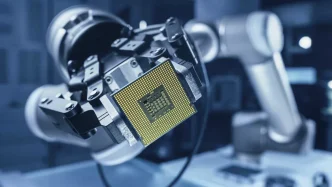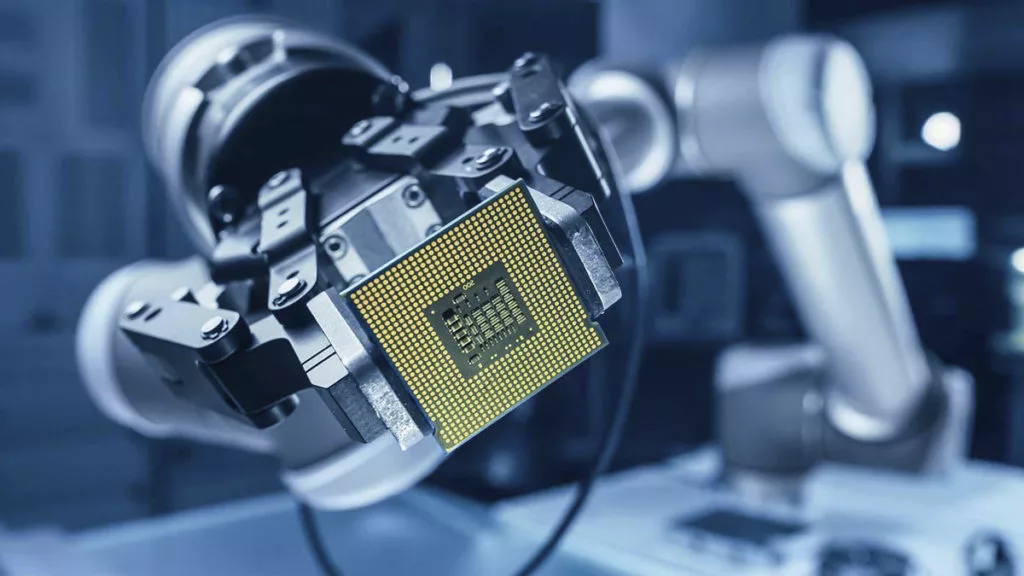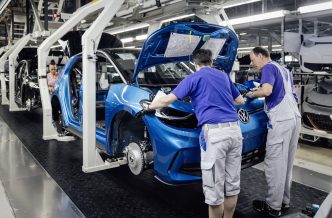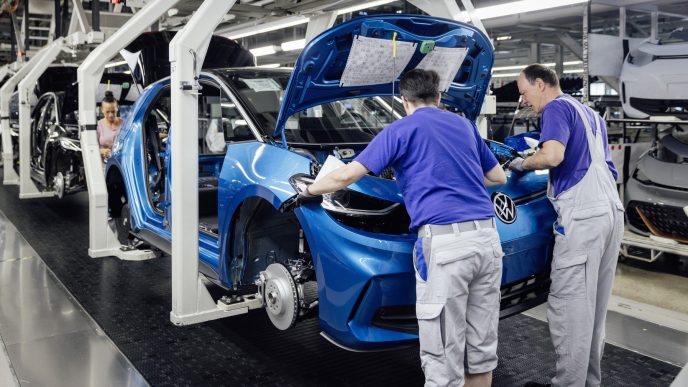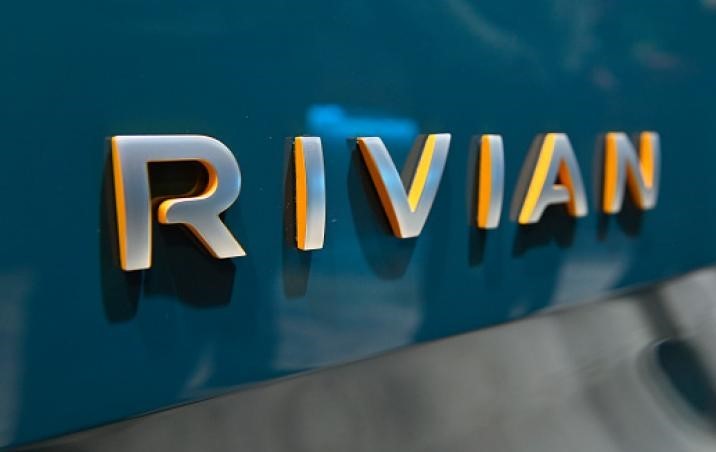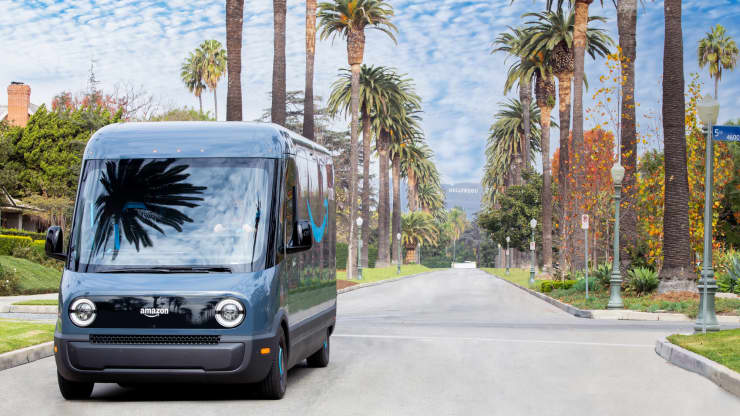Synopsys, a leading provider of chip-design software based in Silicon Valley, has entered into a partnership with startup SiMa.ai to accelerate the development of artificial intelligence (AI) chips tailored for the automotive industry. The announcement, made on Tuesday, marks a significant step in enhancing AI capabilities in vehicles, particularly electric vehicles (EVs), where chip energy consumption competes with the car’s drive systems for battery power.
SiMa.ai, also headquartered in Silicon Valley, specializes in creating energy-efficient hardware and software designed to manage various AI functions critical for modern cars. These include technologies like computer vision, used in driver-assistance systems to prevent lane departure, as well as voice assistants that respond to driver commands, such as adjusting the radio. While both of these tasks rely on AI, the systems supporting them have differing hardware and software requirements.
The partnership will enable Synopsys users to access SiMa.ai’s intellectual property, along with Synopsys’ simulation tools that will help manufacturers optimize chip and software integration. This collaboration aims to assist automakers and suppliers in selecting the most effective combination of hardware and software for each specific application. Although the financial details of the agreement were not disclosed, the companies emphasized the growing demand for efficient AI solutions in the automotive sector.
Ravi Subramanian, head of Synopsys’ product management and markets group, noted that the evolving software landscape in the automotive industry requires manufacturers to “master their compute destiny.” SiMa.ai’s founder and CEO, Krishna Rangasayee, pointed out that technologies such as voice assistants are expected to be integrated into vehicles within the next three years. However, these technologies, which currently run on power-hungry chips in data centers, need to be adapted to meet the stringent power and performance requirements of automotive applications. “What we have built is really a very energy-efficient AI solution that fits in the power envelope and the performance envelope of what our customers want,” Rangasayee said.

